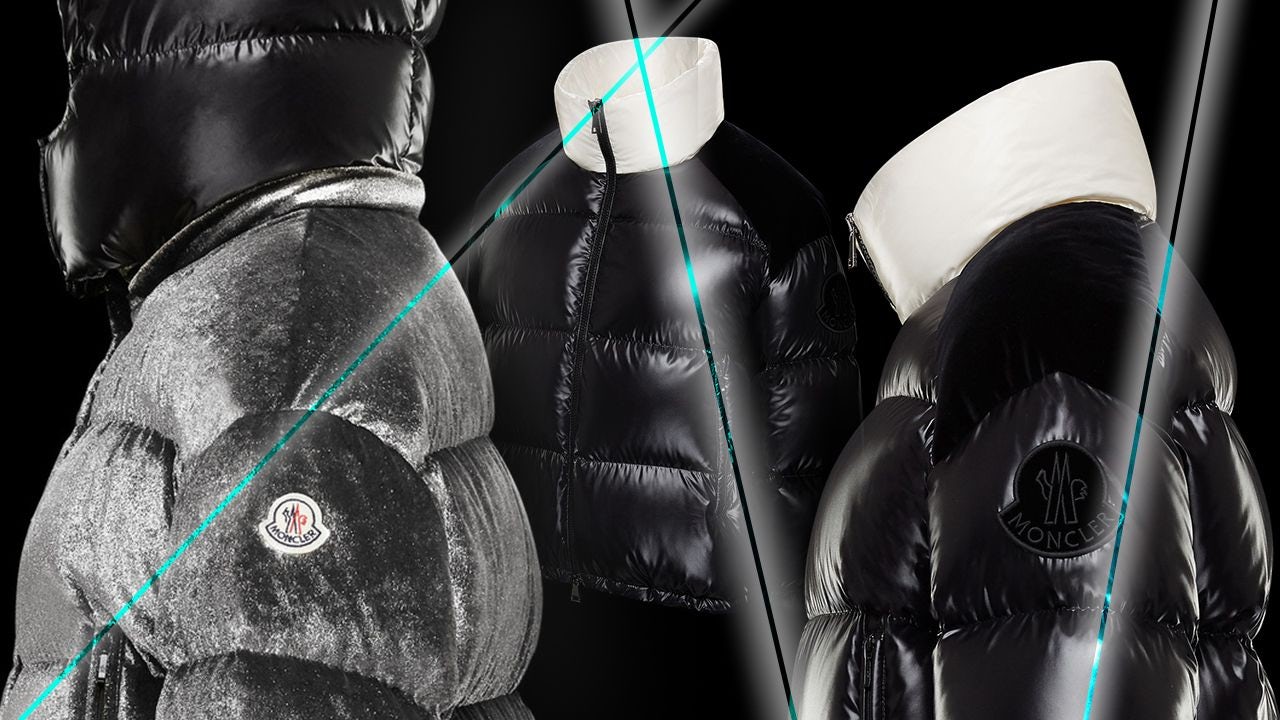With Chinese companies spending the last decade acquiring international brands and real estate, or plastering their names across sports jerseys, it’s looking more likely than ever that 2020 may mark a turning point for overseas M&A. Recently, perhaps the most visible Chinese international brand-buyer, the Shandong Ruyi Technology Group — owner of brands such as Savile Row mainstay Gieves & Hawkes, the British apparel brand Aquascutum, and the French fashion brand group SCMP — saw its corporate rating downgraded by Moody’s from “Caa1” from “B3,” with its outlook assigned as “negative.”
This move followed an earlier announcement (previously on Jing Daily) from the Chinese credit rating agency Dagong that it had decided to include Shandong Ruyi and its multiple bonds on the credit watch list and list many of the group’s issued bonds as “uncertain.”
Shandong Ruyi’s mounting debt problem is widely believed to be related to its ongoing global shopping spree, which has seen it splash out more than 40 billion yuan over the past ten years as part of its ambition to build “China’s LVMH.” In doing so, the company has shown a willingness to spend lavishly to acquire legacy brands such as Bally, the Swiss fashion house, in an effort to buy its way up the value chain.
As Shandong Ruyi chairman told Chinese media last year of his group’s international brand buying spree, “It’s hard to build a high-end fashion brand in the short-term...The Chinese garment industry is still falling behind Western companies in both innovation and design capacity. Without 30-50 years of development, it’s impossible to achieve such a task.”
If research compiled by Moody’s is any guide, Shandong Ruyi will need to spend the next 12-18 months doing less international M&A shopping and much more time working to address its fast-growing pile of maturing debt when the company is — by all reports — facing a liquidity crunch. According to Moody’s, this autumn Shandong Ruyi had to contend with domestic bonds that added up to 2.2 billion yuan (US309 million), plus US345 million in offshore bonds due this month. Beyond that, the company has another 2.5 billion yuan (US357 million) in domestic bonds maturing in 2020. Not a great position to end the year in.
Shandong Ruyi is also facing a different brand environment than it did in years past, when many brands and groups, often continuing to struggle in the wake of the global economic crisis, in positions of weakness were snapped up at relatively low prices. In recent years, many European countries have taken a harder line regarding Chinese acquisitions of European companies, with France’s Emmanuel Macron in particular warning leaders about being naive in global trade.
In 2020, look to a general slowdown in acquisitions of heritage European brands by Chinese companies, with Shandong Ruyi as a bellwether. Shandong Ruyi may have built an impressive portfolio in the last decade but facing stiff competition from the actual LVMH — which is in a stronger cash position to keep buying the likes of Tiffany & Co. — it’s unlikely that China’s debt-plagued version of LVMH will keep its shopping spree up much longer.
The one possible exception to a slowdown in acquisitions next year could come from Shanghai-based Fosun International, which famously purchased Club Med in 2015 and acquired French luxury mainstay Lanvin last year and has — by all accounts — had no problem pouring money into Lanvin in an attempt to lure Chinese shoppers and turn the troubled brand around. But cash-rich Fosun is a likely anomaly, and depending on how Lanvin’s fortunes fare in 2020, even Fosun might cool on the uphill struggle to drag baggage-laden foreign brands back into profitability.


